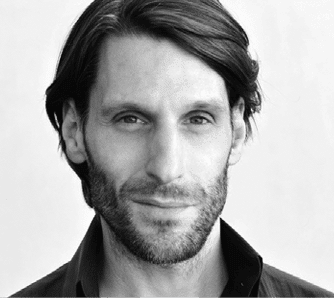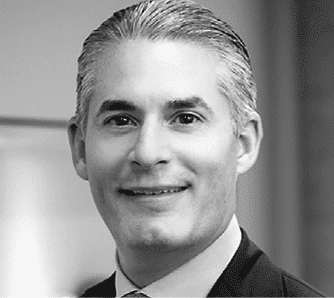Description
Constructive disruption through radical opennessDr. Philipp Hübl — Author and Lecturer in Philosophy at the Berlin University of the Arts
In the age of digitalization, the environment is changing rapidly. But to understand digital transformation, most analyses ask the wrong question, namely: How are new technologies changing us? But the more important question is: How do we need to change, what qualities do we need to have to deal with change? The faster the upheavals in society, the more central openness becomes as a maxim for action. Openness is the virtue of the digital era.
Do you try a new dish every time you go to the restaurant? Do you go to vacation spots they don't know yet? Then you quite probably have a high score on the personality trait "openness". People who are open to the world are more likely to vote for progressive and liberal parties. Research shows that openness is a better indicator for predicting voting behavior than classic characteristics such as views on tax policy. Are you particularly structured, disciplined and do you keep your promises? Then you have
presumably a high value for "reliability". Reliable people value order and are rarely late for appointments. Not surprisingly, reliable people tend to vote for traditional and conservative parties.
Openness indicates progressive thinking, while reliability indicates more traditional thinking. Psychologists around the world have proven this. Since both characteristics are independent of each other, the prize question was: How does someone behave who is both open and reliable, not only in terms of politics, but also in terms of work and life?
Additional information
| Ausgabe | |
|---|---|
| Title | Constructive disruption through radical openness |
| author_1 | Dr. Philipp Hübl |
| author_1_prof | Author and lecturer in philosophy at the Berlin University of the Arts |






Reviews
There are no reviews yet.